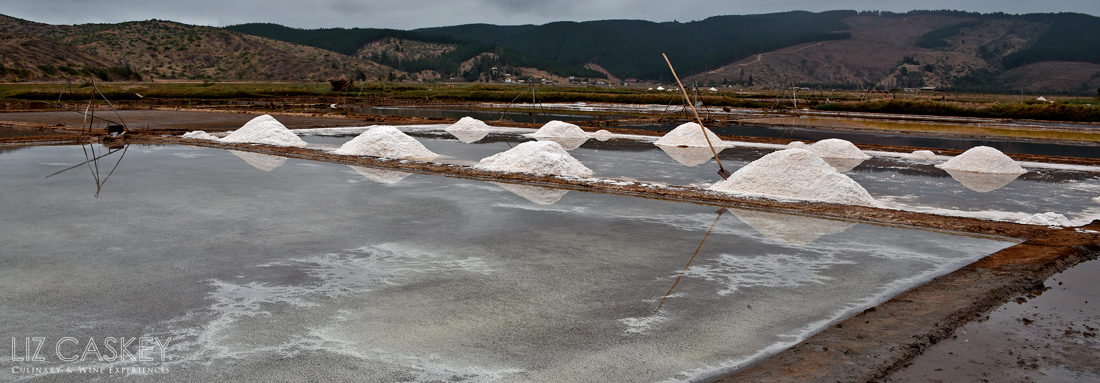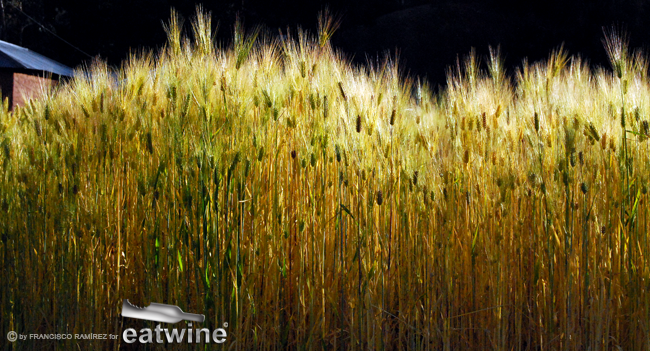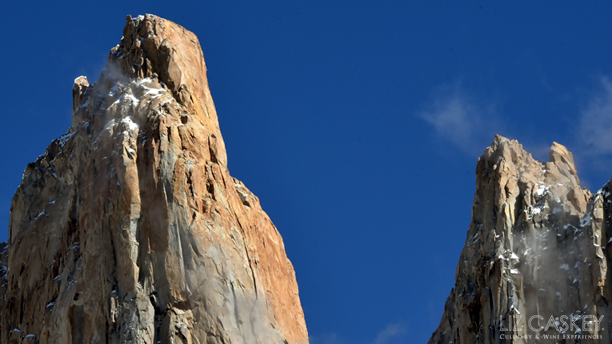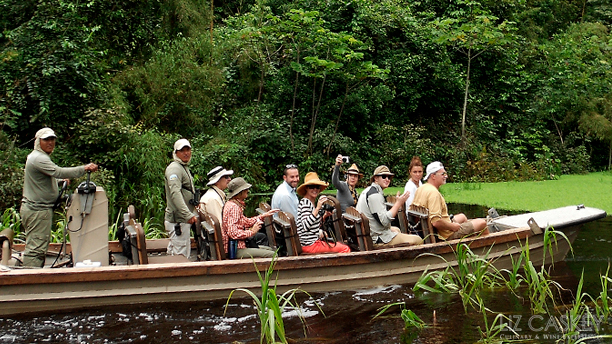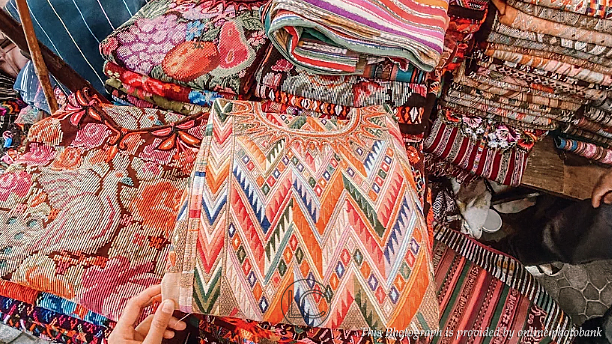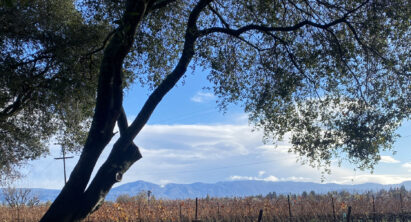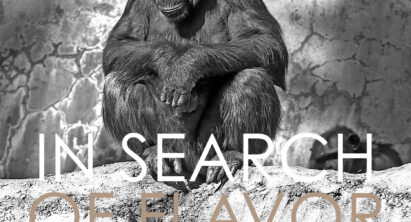When I first heard about the project in Chilean congress known as the “Ley Monsanto/Monsanto Law”, technically in Chile called Derechos de Obtentores de Nuevas Variedades Vegetales, I could hardly believe it. With all the energy and dedication that Chile has invested in developing, growing and instituting stringent laws to protect its agriculture (an arrival through Chilean customs at SCL is like a “hazing”), it is shocking that this is actually under consideration to be approved in the Senate (currently paralyzed and being revised by incoming president Michelle Bachelet).
Chile is a country whose economy depends heavily on exports to countries like the United States and European Union. That is, many countries who have outlawed and prohibited companies like Monsanto and those transgenic projects in their own countries. I am then questioning what on earth is happening here that it still is not understood how connected agriculture is with biodiversity, cultural heritage, and health of the Chilean population in the future? Even neighbors that Chile often regards as being “less developed”, like Peru and Bolivia, have voted against Monsanto, kicking the company out of national territory for good.
It is first necessary to understand what Chile’s “Monsanto Law” is, and what are the real consequences that it will bring if approved. One of the arguments in support of this project is the supposed need for farmers to access a better variety of seeds, incentives for research, and ensure those seeds’ “protection”. Chile currently has nearly 88,000 acres of farmland dedicated to producing transgenic seeds for export and research. Of this, Monsanto, which arrived in Chile in 2005, has a 36% market share. If the idea is “protecting” the seeds, the small farmers, and nature, how could Chile then allow multinational companies like Monsanto to come in and take care of this? Perhaps what they really mean is that they are going to enter Chile to patent genetic material that is indigenous to Chile and claim it as their own. While the law defends that would not completely be possible, there are so many gray areas that it seems it could be left to interpretation. So in essence, this could make it quite easy for these seed companies to appropriate all that natural heritage that Chile was blessed with from the beginning of time—the flora and vegetables and those seeds that have cultivated, multiplied, and selected carefully by local farmers and agricultural works for centuries. Many of who still cultivate the land in the traditional way. It’s totally absurd that a foreign company could set up and patent seeds here so easily, and even more, that the government does not even oppose it! To do this patenting, all they have to do is to find a new variety of a seed that has not been commercialized yet and that is sufficiently distinct of those already well known. The seed is considered “new”, and bam, patent.
I am going to share with you, dear readers, a vivid example. Take a peasant woman in the southern island of Chiloé. This senora has tended to her land and taken care of her native potato seeds her whole life, just as her mother, grandmother, and great grandmother did. If Monsanto comes in and “patents” all native potato seeds as their own, this law would establish that this women could be fined, and even sued, for using those indigenous seeds passed down to her from generation to generation since it is now “patented” by them and she does not have a “contract” to use it. They can sue her for violating intellectual property rights because that company, allowed by this new law in Chile, gives them the right to claim that they “discovered” that seed—which is simply not true. This is an enormous injustice as that seed has pertained to her family, the land, and that corner of Chile for centuries. Seeds are not a commodity like copper. Seeds are living things and carriers of a lineage and an identity of a place.
It doesn’t stop there. What is very worrisome is that agroindustry here grows by leaving the small farmer with less resources and less land to cultivate. This same law also favors the rights of the “creators” of seeds and obliging small farmers to purchase for each “generation” instead of the long time tradition here of seeding part of the crops to save for the next. The tendency in Chile is towards an agro-monopoly that will become a critical situation if foreign companies enter that can control all the seeds. There is a huge imbalance happening in the farms in Chile and I often feel like everybody here talks about it in a quiet voice, as if it was a taboo subject. We should be screaming that this is not okay. We are talking about the future of Chile!! What happens the day that the United States and Europe refuse to further import Chilean produce because it is all GMO? What happens to the export-based economy in that moment? But more than the possible economic consequences, what cannot be repaired is the destruction and loss of that natural heritage and the diverse identity of Chile with all its microclimates from north to south. Once contaminated and controlled by an outside company (whose interest is solely their own, not the future of Chile), all of that is lost. Forever. That is not recovered. Ever. Yep, you can say goodbye to all those indigenous foods we love like Dihuenes (special mushrooms), the original white strawberries from the south, Chilean papayas (similar to star fruit), Native potatoes from Chiloe, Calafate berries from Patagonia, even beefsteak tomatoes from Limache. They are no longer Chilean, they all belong to a company…like Monsanto. How has the Chilean government not nuked this project yet? It is obviously an attack on the biodiversity and culture of Chile, all disguised as “economic progress”. It is clear who will come out ahead in this equation.
Sacrificing all of Chile’s cultural heritage, the country’s seeds and agriculture in exchange for expanding the economy is too high of a price to pay. You cannot always measure progress solely in money and economic growth—there is a an ecological, social, and cultural part that is priceless and cannot be sold nor bought. Just look for a minute at Peru and even Bolivia that have opted to not follow this destructive path. Instead, they have chosen to respect and honor their biodiversity and small farmers.
I now am remembering photos from a protest last August of the movement “Chile Sin Transgenicos” (Chile Without GMOs). Protesters were dressed as bees and zombies carrying signs saying, “Monsanto will patent your life” or “Monsanto sows death”. It was shocking but revealed a somber truth. This law does not contribute to the innovation or wellbeing of small farmers. The only thing that it will achieve is to create a chain of dependency on transgenic foods and large corporations whose interest is neither Chile’s, nor humanity’s. It will terminate with all the ancestral seeds and that lineage in Chile as we know them. It could finish with the rich biodiversity here, and compromise our health. Now we must, in a loud voice, say “Tchau Monsanto”. It is on the only way to truly protect Chile and its future.
This column was originally published, in Spanish, in Revista Placeres in Chile in December 2013. All opinions are expressly those of the author.
